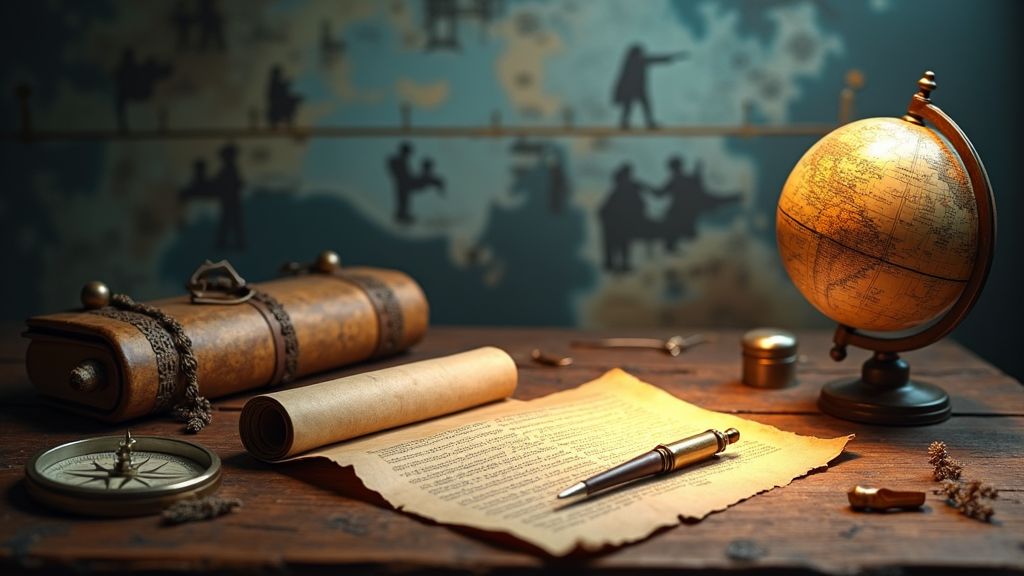Fascinating Facts About the Origins of Famous Historical Events
Have you ever wondered about the stories behind some of the most famous historical events that shaped the world as we know it today? From ancient battles to revolutionary discoveries, there are countless intriguing facts and details that often go unnoticed. In this article, we delve into the origins of these events, uncovering the fascinating stories and surprising details that have shaped our history.
The Discovery of America by Christopher Columbus
In 1492, Christopher Columbus set sail from Spain with the intention of finding a new route to Asia. However, instead of reaching his intended destination, he stumbled upon the Americas. This accidental discovery had far-reaching implications, leading to the eventual colonization of the New World by European powers. Columbus’s voyage was not without controversy, as many historical accounts have highlighted the mistreatment of indigenous populations and the devastating impact of European colonization on the Americas.
The French Revolution and the Rise of Napoleon Bonaparte
The French Revolution of 1789 marked a turning point in French history, as the people rose up against the monarchical system and established a republic. The revolution was characterized by political upheaval, social unrest, and widespread violence. Out of this chaos emerged Napoleon Bonaparte, a military genius who rose to power and eventually crowned himself Emperor of France. Napoleon’s conquests reshaped the political landscape of Europe and left a lasting impact on the continent.
The Moon Landing and the Space Race
On July 20, 1969, NASA’s Apollo 11 mission successfully landed two astronauts on the moon, marking a significant milestone in human history. The space race between the United States and the Soviet Union had been raging for years, with both countries striving to achieve dominance in space exploration. The moon landing not only showcased America’s technological prowess but also captured the imagination of people around the world, inspiring future generations of scientists and explorers.
The Industrial Revolution and its Impact on Society
The Industrial Revolution, which began in the 18th century, transformed societies around the world by ushering in a new era of mechanization and industrialization. The invention of steam engines, factories, and new manufacturing processes revolutionized the production of goods and led to a surge in economic growth. However, the rapid urbanization and exploitation of labor during this period also gave rise to social inequalities and class struggles, setting the stage for future social reforms.













